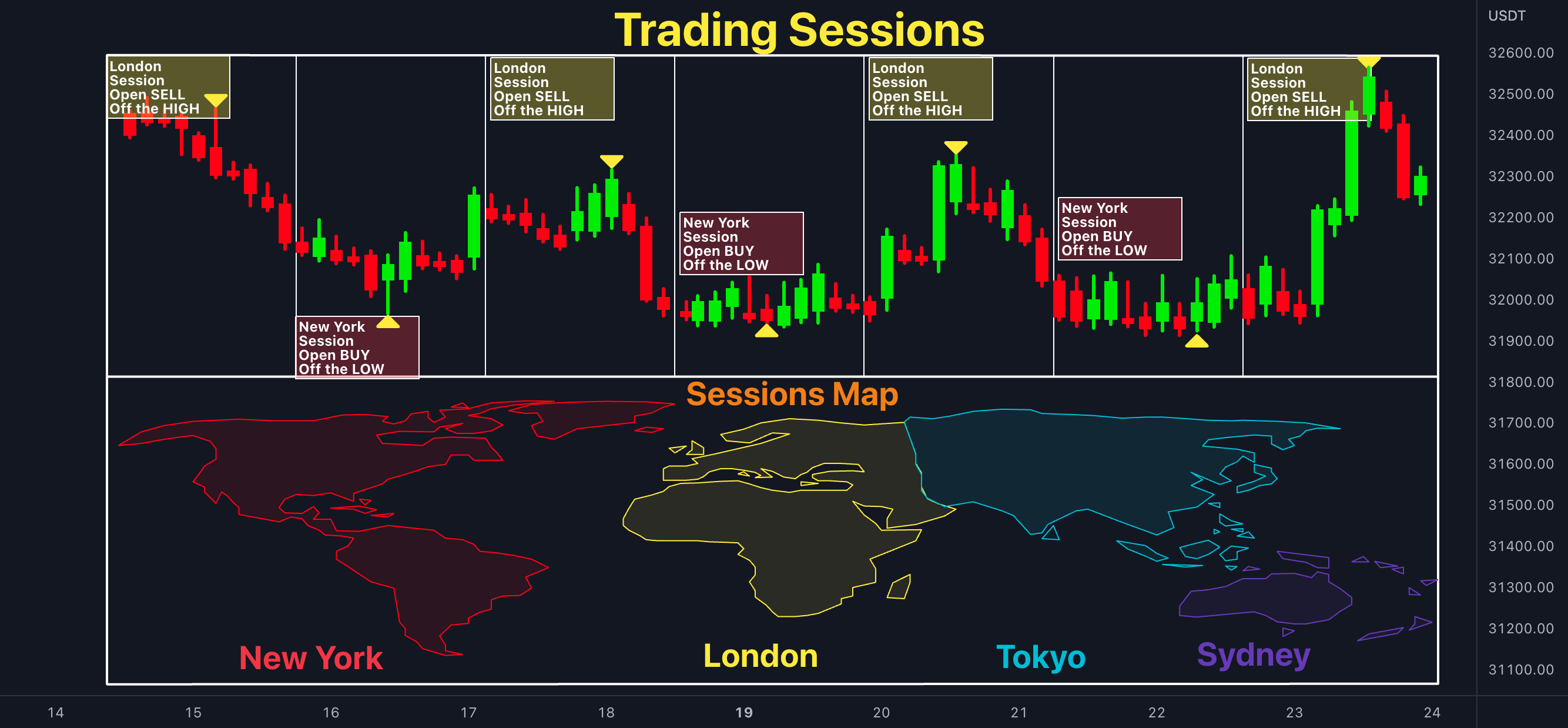What time does Forex trading start?

The Forex market, or Foreign Exchange Market, stands as the largest financial market in the world, distinguished by its high liquidity. Trading occurs around the clock from Monday to Friday, making it essential for traders to be aware of the timings for market opening and closing.
Forex operates globally through electronic trading platforms, with different regions initiating and concluding trades at various times throughout the day.
The Asian trading session begins in Tokyo and Sydney, starting around midnight Greenwich Mean Time (GMT) and concluding at 09:00 GMT. This session often sets the tone for the day’s volatility.
The European session kicks off in Frankfurt and London, operating from 07:00 to 16:00 GMT. This period is known for increased activity as European traders join the market, leading to heightened volatility.
The American session is ushered in by New York, with trading hours from 12:00 to 21:00 GMT. This session often sees a surge in trading volumes, especially as it overlaps with the closing hours of the European session.
The opening and closing of trades in various regions significantly influence price volatility. During the overlap when multiple sessions are active simultaneously, volatility tends to increase, presenting ample trading opportunities and potential for substantial profits.
Active trading sessions contribute to enhanced liquidity in the Forex market, allowing traders to easily identify entry and exit points at desirable prices. As liquidity rises, spreads tend to narrow, making trading conditions more favorable.
Additionally, the opening and closing of trading sessions are often correlated with significant economic events and data releases, which are characterized by considerable market movements. Traders closely monitor these events and adjust their strategies accordingly to capitalize on the ensuing volatility.
Understanding the trading hours is one of the most crucial aspects of successful trading. Traders can align their activities with global trading sessions and time overlaps to effectively plan their trading strategies and seize opportunities presented by different time zones.
By paying attention to session timings and market dynamics, traders can better manage their trading activities and enhance their decision-making processes. This awareness not only aids in executing trades at optimal times but also in anticipating market movements driven by geopolitical events and economic reports.
In summary, the Forex market operates 24 hours a day, allowing traders flexibility and multiple opportunities throughout the week. By familiarizing themselves with the timing of each trading session and their respective characteristics, traders can develop a strategic advantage and increase their chances for success in this fast-paced and ever-evolving financial landscape.